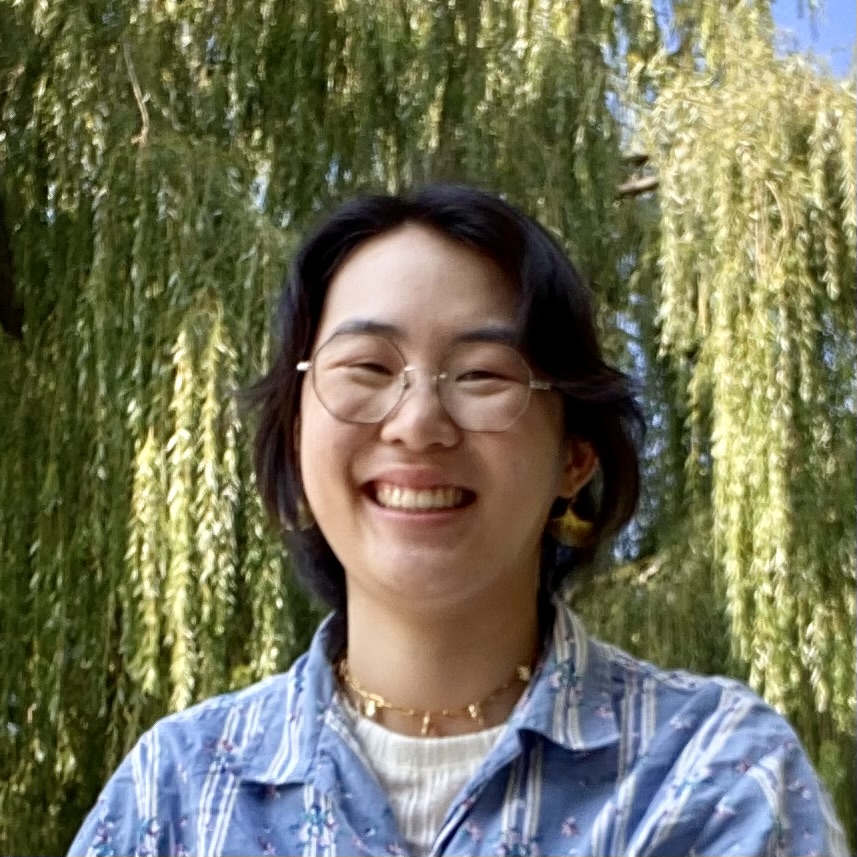Information overload is a common challenge. Understand who’s on your cancer care team, use your information resources, and share your journey with those you trust.
The biopsy report comes back with the news you never wanted to hear: cancer. Your head begins to swim at the thought of the diagnosis, as well as all the appointments, tests, and treatments you imagine lie ahead. When everything is an emotional and logistical blur, what do you do?
Before you do anything, make sure to take care of yourself. Protecting your physical and mental health helps you better endure future treatments and make clearer decisions about your care.
Your next challenges will likely be organizing and understanding the torrent of information flowing your way. This information usually comes from what I call the “triangle” of cancer specialists you may meet:
🔸 Medical oncology: These specialists are usually the most common “cancer doctors” and manage systemic therapies, or treatments that affect all of the cells in the body. These include chemotherapies, immunotherapies/biological therapies, hormone therapies, and targeted drug therapies. Medical oncologists are usually the main “conductors” of cancer treatment and help organize the majority of cancer specialist referrals and work-up imaging/tests. These specialists can overlap with hematologists, or physicians who treat blood disorders like leukemia or lymphoma.
🔸 Surgical oncology: These specialists use surgery to biopsy suspicious tumors and help remove some or all of the cancer from your body. They may not always have “surgeon” behind their title. For example, urologists usually perform surgeries for those who have prostate or renal cancer.
🔸 Radiation oncology: These physicians use radiation to treat cancer. The most common form of treatment is external beam radiation (EBRT), or applying high-power X-ray/photon or proton beams externally to the tumor. Radiation can also be applied internally (brachytherapy) or as an infused drug (therapeutic radiopharmaceuticals).
All of these specialists can provide both treatment for the cancer itself and to help reduce side effects caused by cancer and/or its treatments (i.e. palliative care). You may not meet all of them at the same time, but most cancer patients will meet each of them at least once after their diagnosis.
Ideally, all of these specialists will work together to provide coordinated, multidisciplinary care in sync with other healthcare providers like nurses, social workers, and dieticians. They should preferably also work with other clinicians like your primary care provider or cardiologist.
However, even in larger health systems where this “triangle” is under the same roof, this may not always happen. This is part of the reason why it’s so important for you and your loved ones to understand as much about your options and treatment as possible. The more knowledge you have, the more empowered you are to make decisions based on your goals of care.
Some ways to get informed about your cancer (care):
✅ Ask for official resources: Most larger health networks have pre-written cancer care education readily available for patients. Ask your care team if and where these printouts/webpages are available. They’re usually written in simple terms and available in multiple languages.
✅ Look for verified resources online: The Internet can be a great place to find more information about complicated topics like cancer, like here on Those Nerdy Girls! However, there is also a lot of cancer misinformation and disinformation online, some that may come from well-meaning friends and loved ones. Alumna Nerdy Girl Ashley has a great guide on how to spot misinformation and disinformation. If you’re still not sure about something you see on the web, don’t be afraid to ask your care team whether they’ve seen the same information and/or if it’s true. Some other reliable online cancer resources include the Mayo Clinic and MD Anderson.
✅ Write down your symptoms, medical/family history, current medications, and any burning questions: Having this information ready gives your team more time to focus on answering your questions and getting you the care/resources you need during your visits. You can also use the same notepad or device to write down key information from your appointments.
✅ Bring trusted family or friends to your appointments. They can help you better remember what was discussed and help ask questions you may not have considered. If no one is able to join, ask your care team if you can record your conversation on your phone or tablet.
✅ Get access to your medical records. Many medical offices have electronic medical records that patients can review from home. You can check what your care team documented after your conversations, and see what has been/needs to be done after each appointment. You can also often see imaging reports and lab results in the portal, as well as message your care team directly with any questions you may have.
Lastly, have open conversations with loved ones and friends at whatever level you’re comfortable with. Don’t be afraid to ask for help meeting basic needs like getting meals, transportation, or childcare. If you or your loved one is struggling financially, a social worker may be able to help provide resources for extra expenses like gas, groceries, and lodging.
If you have young children, speak honestly and at their level. Some health networks may also have child life specialists to help you navigate these tough conversations.
For those who need additional support more tailored to cancer patients, there are often cancer-specific support groups and counselors available. Ask your care team, or look at the American Cancer Society’s website to find one that works best for you.
Above all, stay safe, and stay smart.
Those Nerdy Girls
Resources:
American Cancer Society – After Diagnosis – A Guide for Patients and Families


